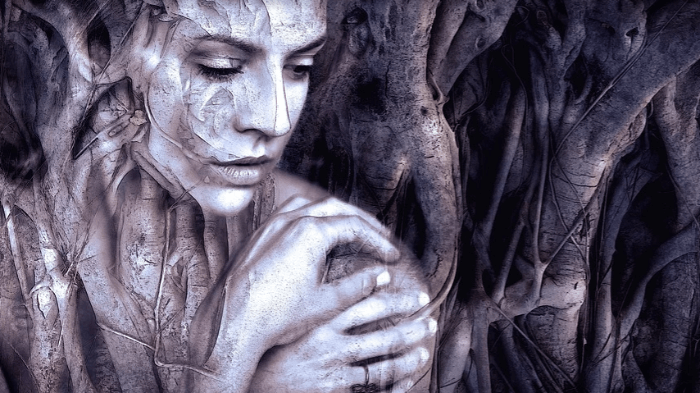
Personal Myth – The Term
‘Personal Myth’ was a term coin by Freudian Psychoanalyst Ernest Kris in 1956. Nowadays, the internet is not short of people using this term as Carl Jung and his work get’s ever more popularity. Jung used ‘Personal Myth’ in his opening to his autobiography, published in 1962.
Jung said…
“Thus it is that I have now undertaken, in my eighty‐third year, to tell my personal myth. I can only make direct statements, only “tell stories.” Whether or not the stories are “true” is not the problem. The only question is whether what I tell is my fable, my truth.
An autobiography is so difficult to write because we possess no standards, no objective foundation, from which to judge ourselves. There are really no proper bases for comparison. I know that in many things I am not like others, but I do not know what I really am like. Man cannot compare himself with any other creature; he is not a monkey, not a cow, not a tree. I am a man. But what is it to be that? Like every other being, I am a splinter of the infinite deity, but I cannot contrast myself with any animal, any plant or any stone. Only a mythical being has a range greater than man’s. How then can a man form any definite opinions about himself?
We are a psychic process which we do not control, or only partly direct. Consequently, we cannot have any final judgment about ourselves or our lives. If we had, we would know everything‐but at most that is only a pretence. At bottom we never know how it has all come about. The story of a life begins somewhere, at some particular point we happen to remember; and even then it was already highly complex. We do not know how life is going to turn out. Therefore the story has no beginning, and the end can only be vaguely hinted at”.
What Is A Personal Myth?
Jung saw the personal myth as “the task of tasks” for anyone of us.
The personal myth allows us to enter the labyrinth of our past, to uncover the truth of ourselves as a living narrative.
Being unconscious of our mythology leaves us open to all forms of misdirection. The world right now is full of propaganda that can manipulate the unsuspecting victim. We often, consciously or unconsciously, live out other people’s personal myth, leaving ours unlived.
Your personal myth is the story you are living. It’s our story about our experiences as a human. Exploring the myth opens the door for self-discovery and editing the narrative. In changing the story, you change your life.